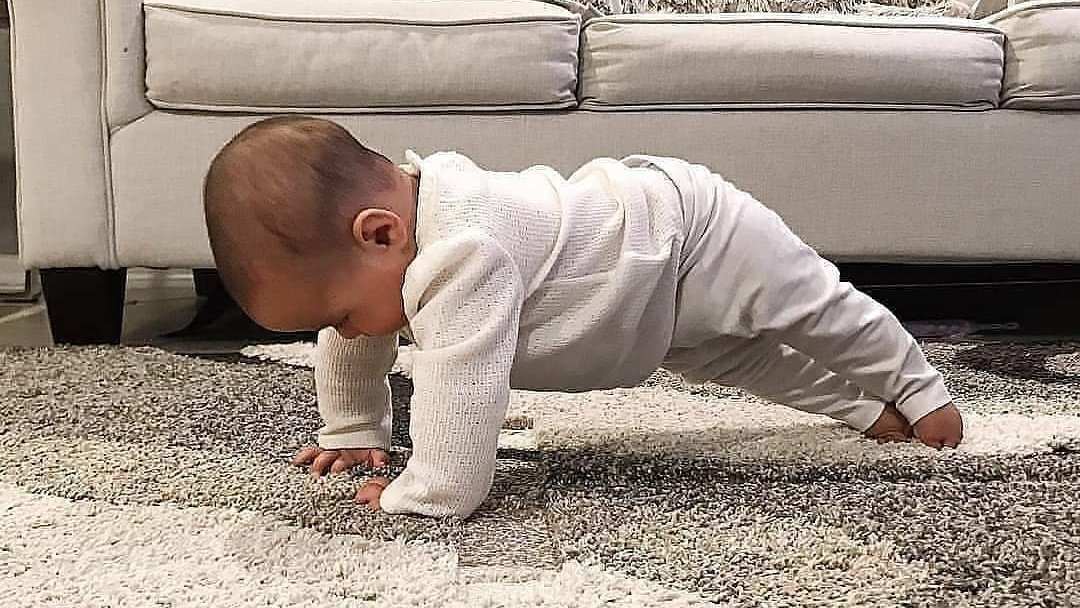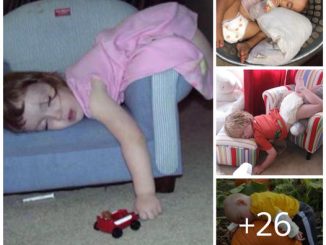Babies may not be hitting the gym or going for a jog, but their natural inclination to move and explore their surroundings serves as their version of exercise. From the moment they start kicking in the womb to their attempts at crawling and eventually walking, babies are constantly engaging in physical activity that is crucial for their development.
One of the primary benefits of exercise for babies is the development of motor skills. As they reach and grasp for objects, roll over, and eventually start crawling and walking, they are strengthening their muscles and improving their coordination. These early motor skills lay the foundation for more complex movements later in life.

Exercise also plays a vital role in promoting bone health in infants. Weight-bearing activities, such as tummy time and crawling, help to stimulate bone growth and density, reducing the risk of issues like osteoporosis later in life. Additionally, the pressure placed on their bones during physical activity helps to shape and strengthen them.

Furthermore, regular exercise can contribute to better sleep patterns in babies. Physical activity helps to expend energy, making them more likely to sleep soundly and for longer periods. This is beneficial not only for the baby but also for the parents who can enjoy more restful nights.

In addition to the physical benefits, exercise is also crucial for cognitive development in infants. As babies engage in movement and exploration, they are making connections in their brains and developing important cognitive skills. For example, reaching for a toy helps them understand cause and effect, while crawling teaches them spatial awareness and problem-solving.
Moreover, exercise provides opportunities for social interaction and emotional development. Whether it’s playing with caregivers or interacting with other babies in a playgroup, physical activity fosters bonds and promotes emotional well-being. The joy and laughter shared during these interactions contribute to a positive and nurturing environment for the baby.

Now that we understand the importance of exercise for babies, let’s explore some creative ways to incorporate movement into their daily routines. One simple way is to make tummy time fun by placing toys or mirrors within reach to encourage reaching and grasping. For older babies, setting up a safe space with soft mats and cushions where they can crawl and explore freely can stimulate their senses and promote movement.
Another idea is to incorporate music and dance into playtime. Babies are naturally drawn to music, and dancing along to lively tunes can encourage them to move their bodies in different ways. This not only provides a fun sensory experience but also helps develop rhythm and coordination.

Additionally, outdoor play is a great way to encourage physical activity and exploration. Taking walks in the stroller, visiting the park, or simply spending time in the backyard allows babies to experience new sights, sounds, and textures while getting some fresh air and exercise.
In conclusion, exercise is essential for babies’ overall development, providing numerous physical, cognitive, social, and emotional benefits. By incorporating movement into their daily routines in fun and engaging ways, caregivers can support their growth and well-being from an early age. So let’s embrace the joy of watching babies move and explore as they embark on their journey of development.


